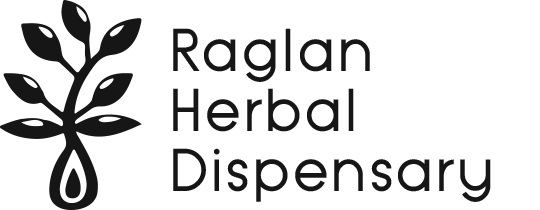
Understanding stress, the general adaptation syndrome
Revisiting the General Adaptation Syndrome (GAS)
Do you often feel overwhelmed by stress and wonder how it affects your body? Understanding stress can help you manage it better. Hans Selye's General Adaptation Syndrome (GAS) is a timeless framework that breaks down how our bodies respond to stress into three stages: alarm, resistance, and exhaustion. Originally developed in the mid-20th century, this model not only explains the physiological changes that occur during stress but also provides valuable insights into effective stress management strategies.
The Stress Response - General Adaptation Syndrome
GAS breaks down the body's response to stress into three stages:
1. Alarm Stage: In the alarm stage, your body reacts right away to stress. Here’s what happens:
- Hypothalamus: This part of your brain releases a hormone called CRH (corticotropin-releasing hormone).
- Pituitary Gland: In response to CRH, this gland releases another hormone called ACTH (adrenocorticotropic hormone).
- Adrenal Glands: These glands then produce cortisol, the main stress hormone. Cortisol helps your body get the energy it needs and also affects your immune system.
This immediate response helps your body deal with the stressor quickly.
Symptoms:
- Feeling ‘tired but wired’
- Hyper alertness
- Rarely falling ill (hyperimmune)
- Agitation, sleep onset insomnia, general feeling of being stressed
- Temporary performance boost
Support: Our Be Calm Tonic and our Sweet Dreams tonic can help soothe and calm your nervous system and support sleep during this stage.
2. Resistance Stage In the resistance stage, the body attempts to adapt to ongoing stress:
- Cortisol Levels: May remain elevated to help the body cope with the stressor.
- Energy Reserves: Continue to be utilized to maintain heightened alertness and metabolic activity.
- Hormonal Support: Hormones like aldosterone are released to help maintain fluid balance and blood pressure, contributing to a state of homeostasis.
Symptoms:
- Feeling fatigued
- Loss of motivation
- Sleep disruption
- Mood changes
- Cognitive changes
- Headaches
- Poor digestion (constipation and/or dyspepsia)
Support: Our Memory Plus Tonic or Uplift Tonic supports mental clarity and energy during this phase.
3. Exhaustion Stage Prolonged stress without adequate recovery leads to the exhaustion stage:
- Depletion of Adaptive Mechanisms: The body’s adaptive mechanisms become overwhelmed.
- Chronic High Cortisol Levels: Impair immune function and increase the risk of chronic diseases.
- Symptoms: Fatigue, depression, metabolic disturbances, and a breakdown of physiological processes, making the body more susceptible to illness.
Symptoms:
- Feeling exhausted
- Burnout syndrome (occupational)
- Reduced performance (mental/physical)
- Sleep and mood disturbances
- Weight gain
- Impaired wound healing
- Physical aches and pains
- Poor digestion (constipation and/or dyspepsia)
Support: Our Adrenal and Stress Support Tonic is formulated to help rejuvenate and restore balance during this final stage. Our Immune Restore tonic is designed to support your immune system and energy.
Nutritional Support
During all stages of GAS, nutritional support is crucial. Consider integrating:
- Good Quality Fish Oil: Supports overall brain health and reduces inflammation.
- Magnesium: Helps relax muscles and nerves, promoting a sense of calm.
- B Vitamins: Essential for energy production and stress management.
- Probiotics: Supports gut health, which is closely linked to overall mental and physical well-being.
Integrating Stress Management Strategies
Understanding the General Adaptation Syndrome (GAS) can help you manage stress more effectively. It's important to recognize that some degree of stress, anxiety, and sadness is a normal part of life. By understanding where you sit on the spectrum of stress, you can better address your needs. This holistic approach not only enhances the effectiveness of treatment but also empowers you to achieve sustainable mental wellness. Embracing stress management strategies, along with the right support, can lead to improved overall well-being.
For more personalized advice and support in managing stress, visit our store or contact us for a consultation.



